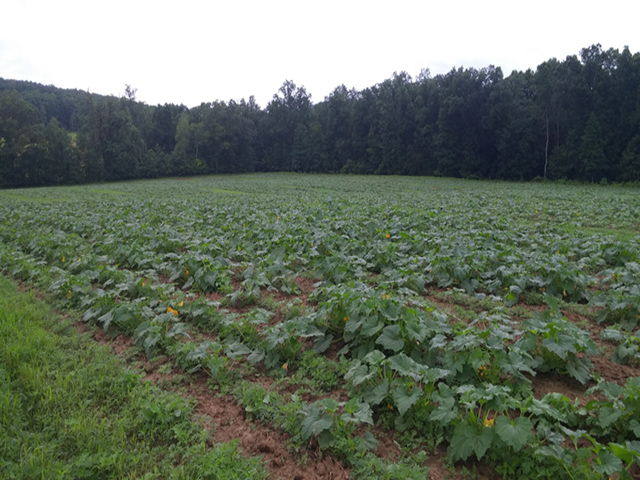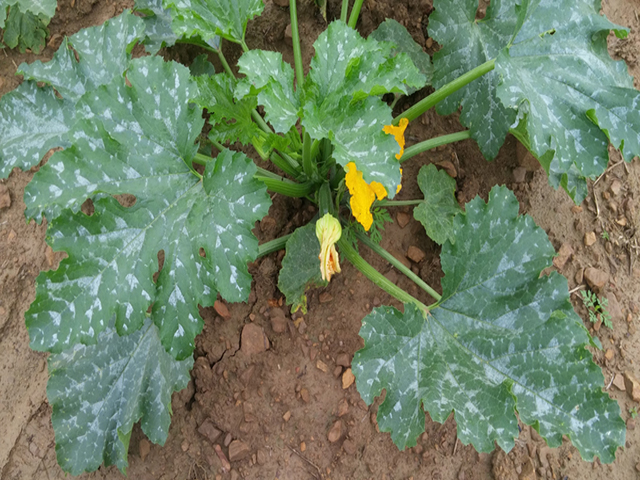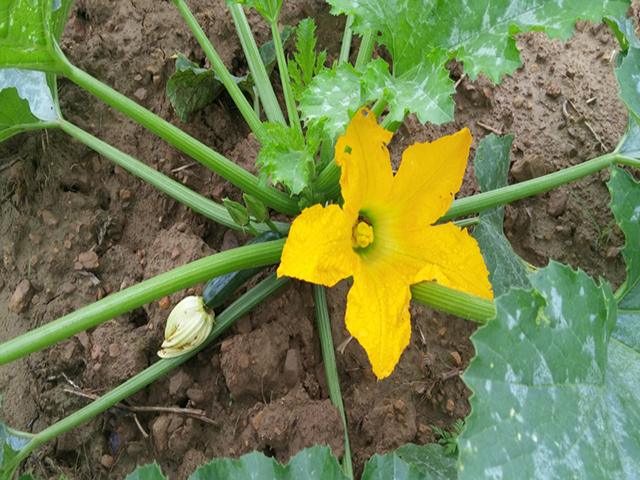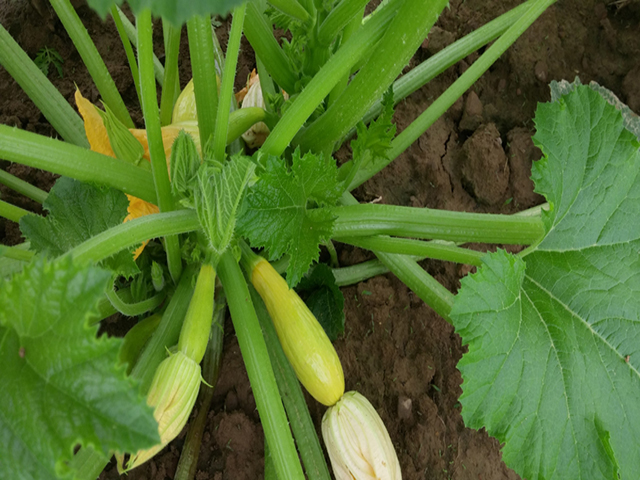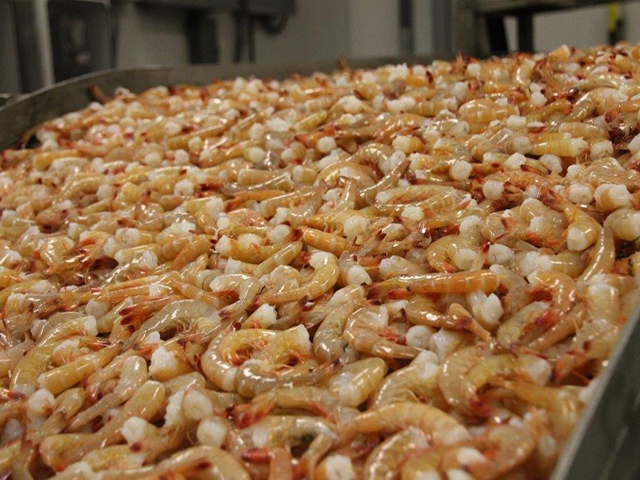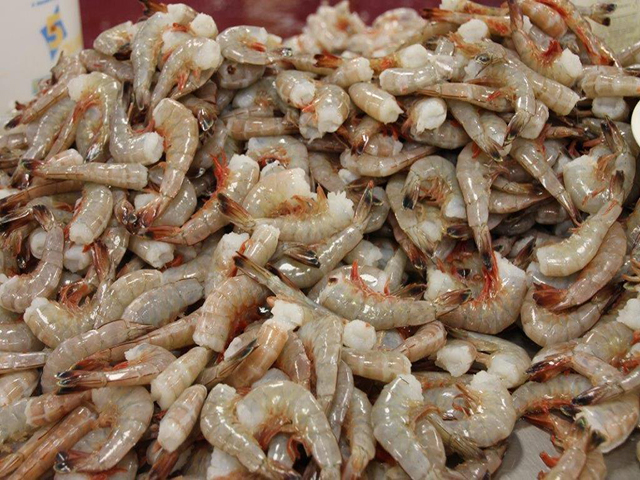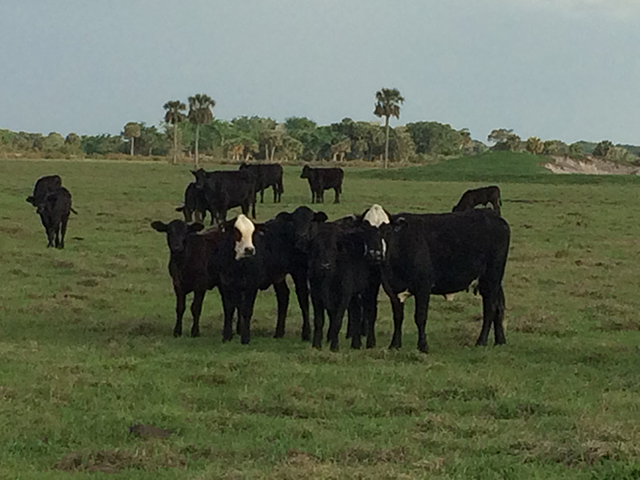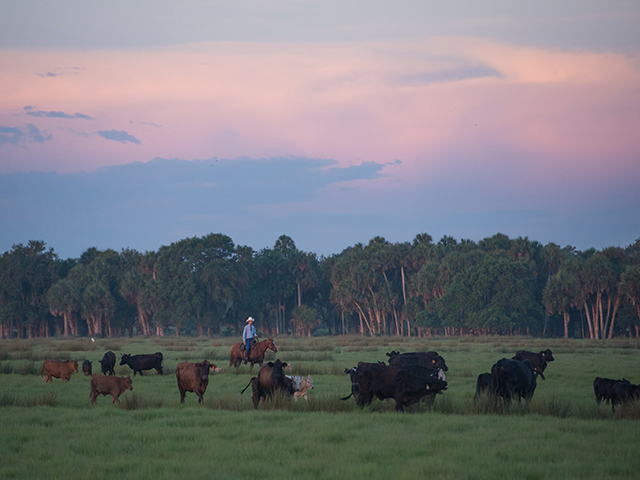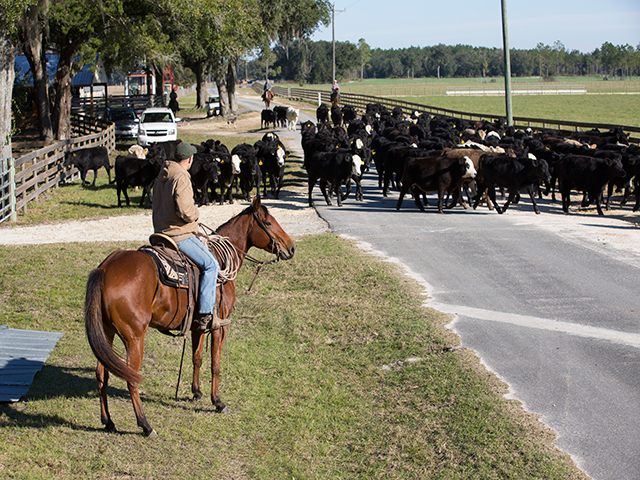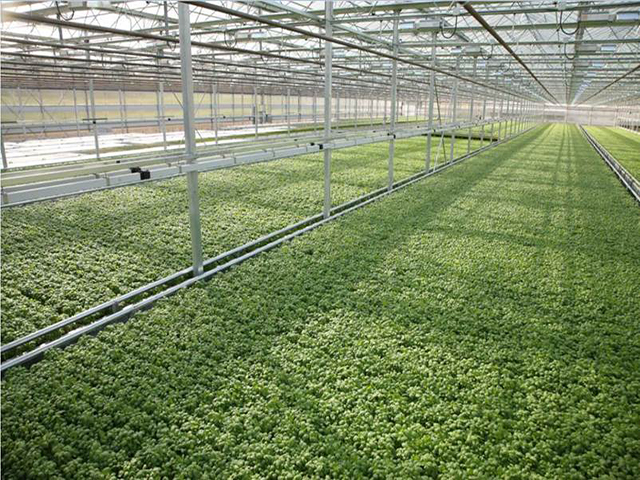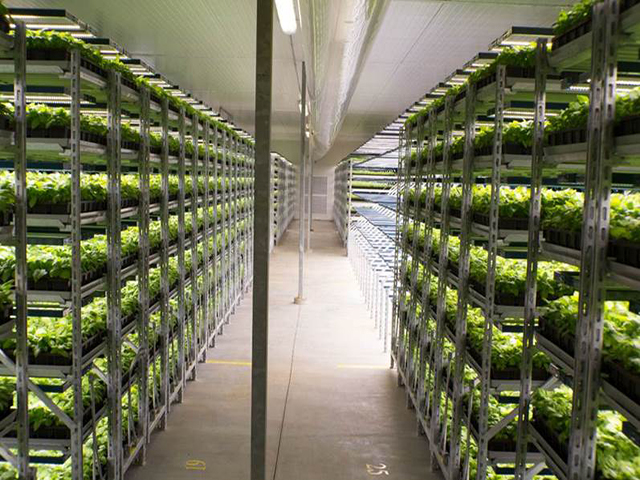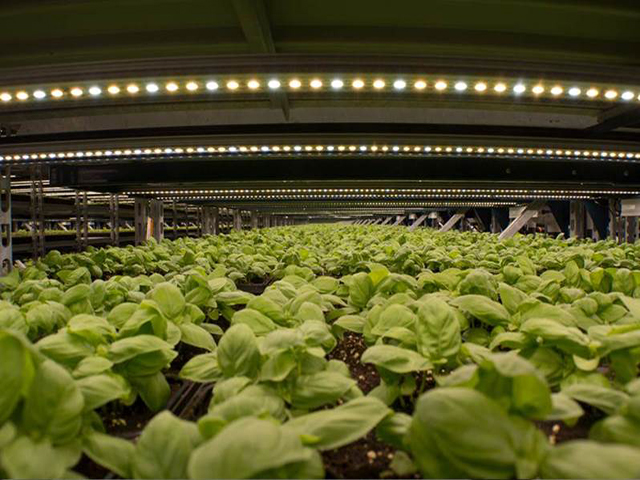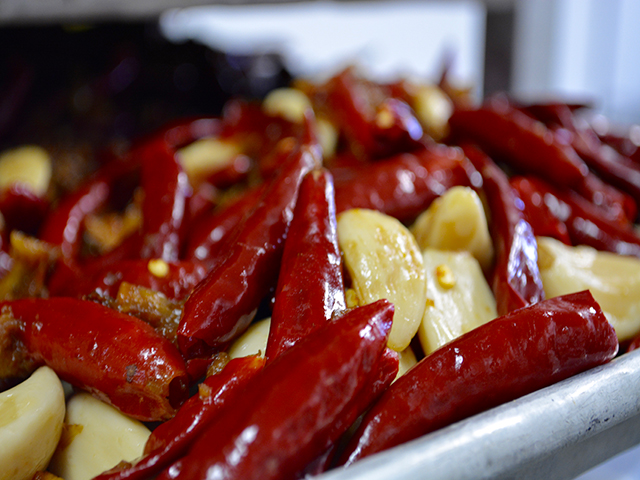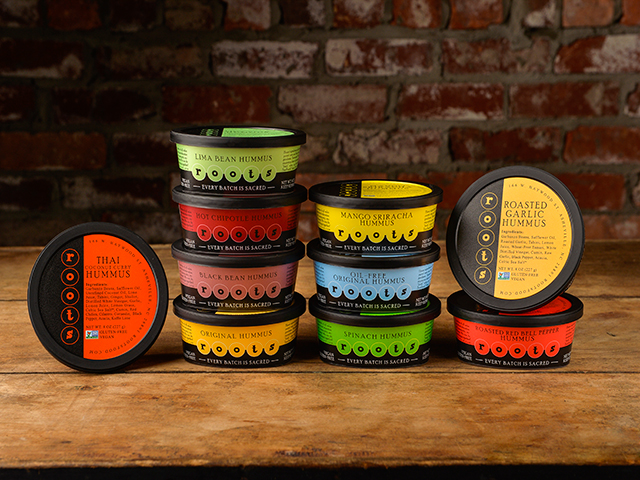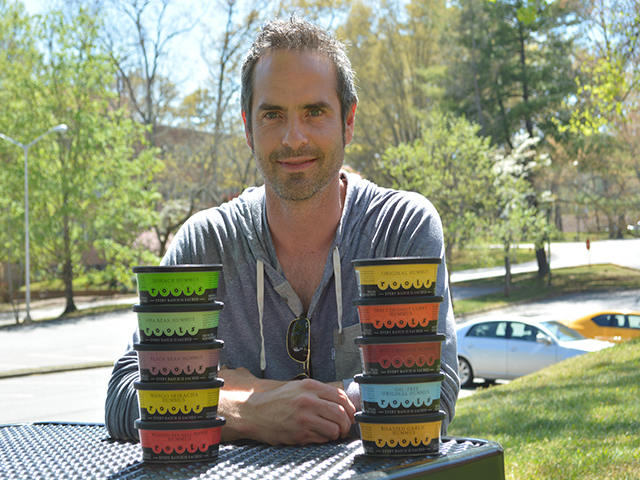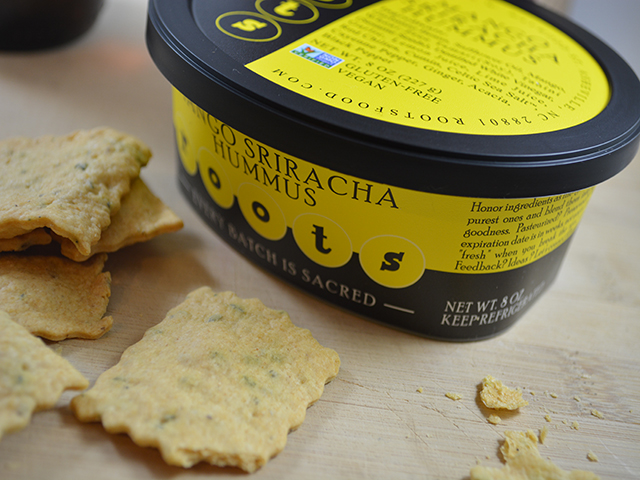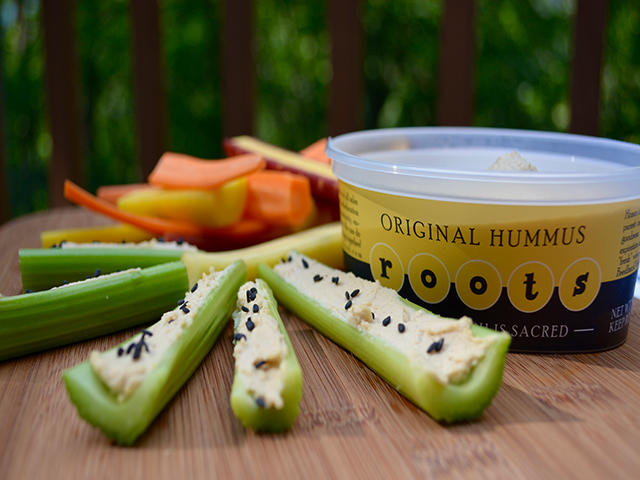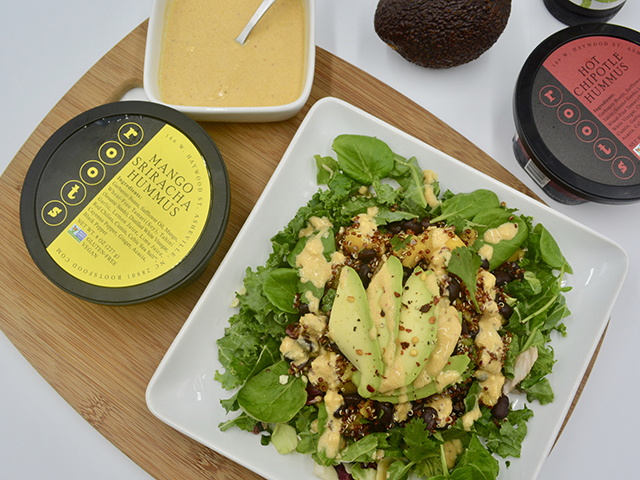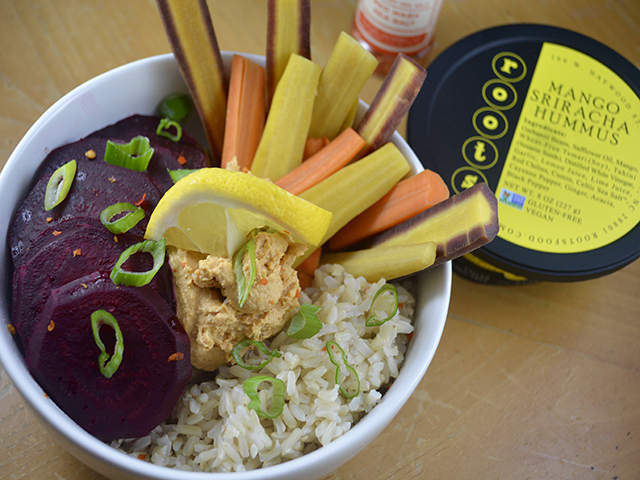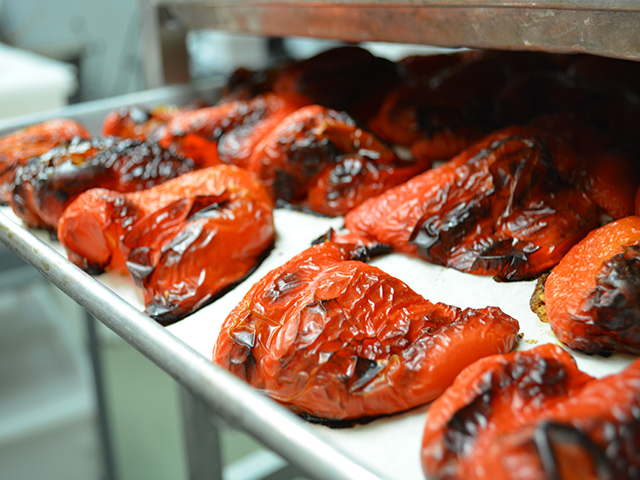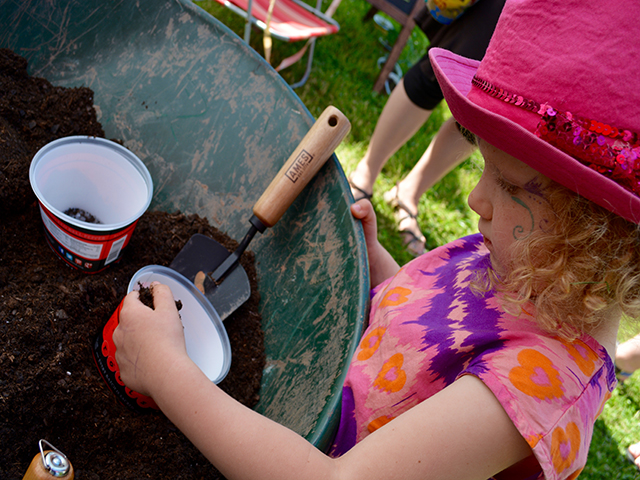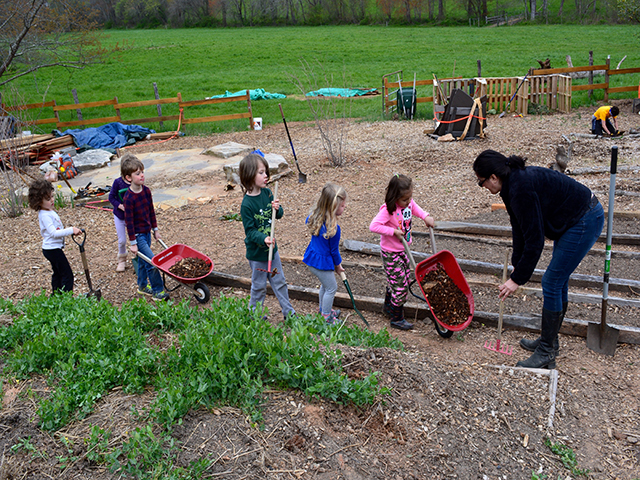
Our customers are hungry for local foods. According to market research firm Packaged Facts, sales of local foods across the country will climb to over $20 billion by 2019. But what does local really mean?
Local could be different for each person you ask. According to Packaged Facts, customers believe local means higher quality, fresher, more authentic, trustworthy, environmentally friendly and supportive of the local community.
Publix buys local whenever possible. We like the idea of farm-fresh, close-to-home food, and we like to do business with our neighbors and support the communities where we have stores. Our distribution centers and extensive transportation network allow products to come in and go back out quickly and efficiently, saving us money. It’s also good for the environment — when product doesn’t travel as far, we can reduce our carbon footprint.
Today, we continue to foster and develop trusting, long-standing relationships with our suppliers, whether they’re around the corner or across the country. We’ve also rolled out a marketing campaign to share stories of how we partner with local farmers and growers, some of who are featured below.
With Tennessee produce, location can mean everything
Since its beginning, Tennessee has had a rich farming heritage, and agriculture continues to be one of the top industries in the state, generating more than $3.1 billion each year. Tennessee is home to more than 79,000 farms, which cover nearly half of the state’s total land area.
The small, eastern Tennessee town of Crossville is an ideal place to grow zucchini and yellow squash. Brian Mullins, a third-generation grower, was born and raised on the 260-acre family farm he owns today. Its relatively small size allows him to concentrate on taking care of his crops and growing high-quality produce.
In Tennessee, the zucchini and yellow squash growing season begins in mid-June and runs through late October. The nearby Great Smoky Mountains create warm days and cool nights, which make for perfect growing conditions. It also allows Publix to source these products during Florida’s off-season from a local grower.
Fishing for more domestic suppliers off the Alabama coast
It started as a simple economics equation: our customers were demanding more domestic shrimp, and we couldn’t keep up with our supply. So, we visited and interviewed several suppliers along the Gulf Coast before choosing Dominick’s Seafood as our partner.
Dominick’s was the only company that could meet our product availability and specifications, and pass our food safety audits. The company aligns with our philosophies of providing excellent service and operating with environmental responsibility.
As a family owned and operated business based in Bayou La Batre, Alabama, they own their shrimp boats, oversee the inspection and packing process, and sell the product to local restaurants and larger companies like Publix. They have the ability to change their harvest plans to meet our customers’ needs; they can change the schedule to fish offshore for deep-sea rock shrimp or travel along the coastline for white shrimp.
Where’s the beef? Surprise — it’s in Florida
Florida is one of the largest cow/calf producing states in the country, but because corn-based feed is cheaper in the Midwest and the animals are closer to the processing plants, it’s cost-effective for farmers to ship their calves out of Florida to be raised and processed.
Since 2015, the Florida Cattle Ranchers has worked to reverse that trend and return Florida to its early ranching heritage, which dates back to the days of the Spanish Conquistadors.
The group approached Publix with a goal of filling the niche created by customers looking to purchase locally grown products. Earlier this year, 40 central Florida stores were selected to receive beef from animals born, raised and fed in the state. Florida beef meets the same USDA choice requirements as our Publix Premium beef, but it offers a slightly different eating experience based on the animals’ diet of grass and Florida Panhandle-grown corn.
Virginia-grown herbs provide freshness you can taste
As Publix started expanding our operating area outside of Florida, we began searching for suppliers to meet the needs of our northern customers. The produce retail business unit brought in Shenandoah Growers — based in Harrisonburg, Virginia, at the foothills of the Appalachian Mountains — to provide a wide variety of USDA-certified organic potted herbs.
Nothing is fresher than cilantro, mint or basil snipped straight from a potted plant. But what makes Shenandoah Growers different is their state-of-the-art greenhouses that offer the benefit of consistency. The growers can control the amount of sunlight, water and air temperature without worry of Mother Nature.
In fact, they were the first to build a USDA-certified organic greenhouse. Today, Shenandoah Growers operates six greenhouses covering a total of 240,000 square feet and supplies product to our Atlanta, Charlotte and Jacksonville Divisions.
The microbrew of hummus takes off in the Carolinas
Publix buys products based on market trends and customer feedback, and sometimes, our customers ask us to carry specific items. That’s what happened with one line of deli products in the Carolinas.
When we entered North Carolina in 2014, many customers asked why we didn’t carry Roots Hummus, since our competitors did, so we did a little research.
Matt Parris operates Roots Café in Asheville, North Carolina, and believes in crafting artisan food for the masses. He created many recipes using locally sourced meats and veggies, organic grains and dairy, and sauces and spreads. As he grew his catering business, his hummus gained a cult-like following, and he began selling it to grocery stores. Today, Roots refers to itself as the microbrew of hummus and offers flavors like Thai Coconut Curry, Mango Sriracha and Lima Bean.
Because Roots Hummus is created in smaller batches, it’s only available in the Charlotte Division.
Ingredients in a Georgia pecan nutshell

Photo credit: South Georgia Pecan Company
When it comes to our Publix brand items, it takes thousands of associates and processes and some amazing technology — to get the product from the field to your store. We depend on our manufacturing supply purchasing team to source ingredients like Georgia pecans.
About 30 percent of our pecans come from the South Georgia Pecan Company in the heart of pecan country, Valdosta, Georgia. The company began in 1913 as a small shelling plant, and today, it’s an industry leader with a commitment to quality and service. The company operates four plants, each designed for a certain process in the production of pecan products: cleaning/grading in-shell pecans, shelling, finished processing/packaging and grinding.
So how does this tie into customer demand for local products? We purchase pecans for use in bakery muffins, loaf cakes, Danish pecan rings and pecan pies, Publix Premium ice creams and produce snacks.


